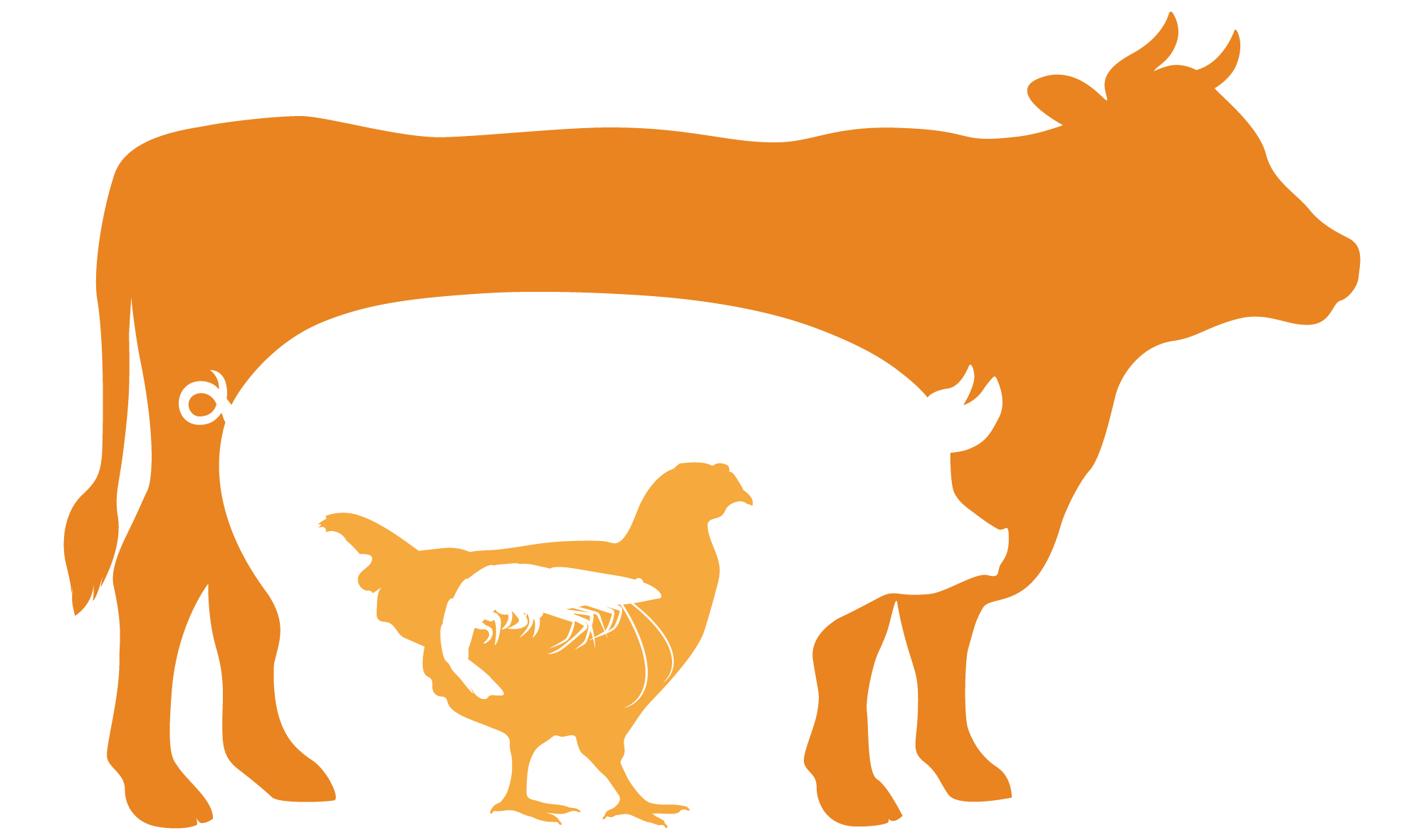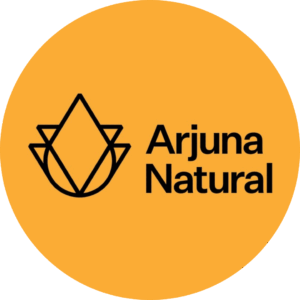The sports nutrition landscape continues to evolve, driven by innovation and shifting consumer preferences. As we go through 2025, businesses in the performance supplements market may find opportunities to align their offerings with emerging trends. This article explores key developments in sports nutrition trends 2025, focusing on performance and recovery supplements, hydration products for athletes, and performance nutraceuticals.
Sports Nutrition Market Overview
The global sports nutrition market could experience significant growth, fuelled by increasing awareness of health and fitness. This market may encompass a wide range of products, including sports recovery products, hydration solutions, and performance nutraceuticals. Businesses might consider leveraging these trends to cater to both professional athletes and fitness enthusiasts.
Global Sports Nutrition and Active Nutrition Product Segments
The sports nutrition market may be segmented into various categories, such as pre-workout, intra-workout, and post-workout supplements. These segments could include protein powders, amino acids, and hydration products for athletes. Additionally, active nutrition products may target a broader audience, including individuals seeking general wellness and healthy aging solutions.
Shifting Consumer Behaviour Drives Sports Nutrition Trends
Consumer behaviour in the sports nutrition market appears to be shifting towards personalized and plant-based solutions. Products that offer clean-label ingredients and cater to specific dietary needs might gain traction. For instance, hydration products for athletes could incorporate natural electrolytes, while performance nutraceuticals may focus on sustainable and eco-friendly formulations.
Benefits Moving from Sports Nutrition to Mainstream
Here are a few benefits of moving from a specific field of sports nutrition to the mainstream performance supplements market:-
- Enhanced energy levels and stamina during physical activities.
- Accelerated muscle recovery post-exercise.
- Improved overall physical performance and endurance.
- Support for muscle repair and growth.
- Balanced hydration and electrolyte replenishment.
- Contribution to overall wellness and fitness goals.
- Versatile options catering to diverse dietary preferences and needs.
Get Your Portfolio in Shape
To stay competitive, companies in the performance supplements market could consider diversifying their portfolios. This might involve introducing innovative products, such as plant-based protein powders or hydration solutions with added functional benefits. Collaborating with research institutions to validate product efficacy may also enhance credibility.
Conclusion
The sports nutrition market is undergoing a transformative period in 2025, marked by innovation and evolving consumer behaviors. Businesses in this space have immense opportunities to cater to both professional athletes and casual fitness enthusiasts by leveraging trends like plant-based, personalized, and clean-label solutions. The expanding categories of pre-workout, intra-workout, and post-workout supplements, alongside active nutrition products, highlight the sector’s adaptability to diverse needs.
Moreover, the shift towards mainstream performance supplements emphasizes the growing demand for versatility, from muscle recovery to overall wellness support. Companies can remain competitive by diversifying their product portfolios, incorporating sustainable ingredients, and validating efficacy through scientific research.
As health and fitness awareness continues to rise globally, the sports nutrition market holds the potential for significant growth, helping individuals achieve their physical and wellness goals while embracing sustainable and innovative approaches. It’s an exciting time for businesses and consumers alike.
Frequently Asked Questions
What are the most important nutrients for athletes?
Athletes may benefit from a balanced intake of macronutrients (proteins, carbohydrates, and fats) and micronutrients (vitamins and minerals). Protein could support muscle repair, while carbohydrates might provide energy. Hydration products for athletes may also play a crucial role in maintaining electrolyte balance.
What does a protein powder do for you?
Protein powders may aid in muscle recovery and growth by providing essential amino acids. They could also serve as a convenient source of nutrition for individuals with busy lifestyles.
How much protein do I need a day?
Protein requirements may vary based on factors such as age, activity level, and fitness goals. Athletes might require higher protein intake compared to sedentary individuals.











